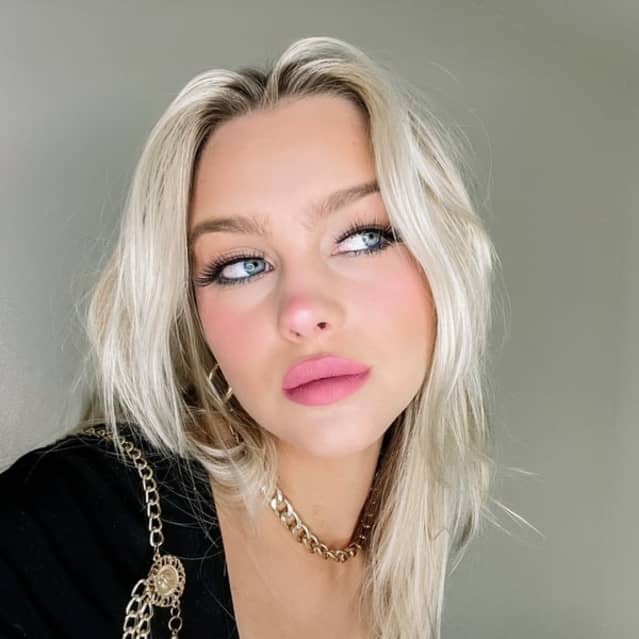This post was originally published on this site
https://images.mktw.net/im-81516539

Il Makiage’s parent company went public in July.
Il Makiage
Oddity Tech Ltd., the Israeli digital consumer technology platform for the beauty and wellness market, crushed estimates for the fourth quarter on Tuesday and offered upbeat guidance for 2024.
The parent of Il Makiage beauty products and Spoiled Child wellness products went public last July.
The company
ODD,
posted a net profit of $5.113 million, or 8 cents a share, for the quarter, after a loss of $660,000, or 1 cent a share, in the year-earlier period. Adjusted for one-time items, EPS came to 17 cents, almost double the FactSet consensus of 9 cents.
Revenue rose to $97.2 billion from $67.5 billion and was well ahead of the $85.9 million FactSet consensus.
The stock, however, dropped 13% after hours.
Chief Financial Officer Lindsay Drucker Mann said the company crossed the 50 million–user threshold in the quarter.
“The core business is firing on all cylinders and there’s so much growth in front of us from new categories,” she told MarketWatch in an interview.
Oddity is benefiting from two trends that make its category attractive, said Drucker Mann.
The first is the consumer shift online for makeup and beauty products, where Oddity expects more than 50% of the market will migrate over time. The second is a shift toward more science-backed products that really address and solve the pain points for consumers.
“In the past, companies were just remixing old ingredients, the same things our parents used,” she said. “There has been no innovation in beauty in years.”
In contrast, the pharma industry is in a golden age with AI helping with molecule discovery. ”Synthetic biology is at a mind-blowing level, while beauty and wellness is still in the Dark Ages,” she said.
Oddity uses technology, including AI and machine learning, to reinvent the market. Its Israeli team includes staff recruited from elite technology centers to work on research and development.
In the U.S., the company has another team at its Oddity Labs venture, which was created after it acquired biotech Revela in Massachusetts.
The platform uses AI to help consumers identify the correct products, formulations and shades for their skin type, eliminating the need for them to go to a physical store and test samples. Its patented software allows smartphone cameras to provide hyperspectral information — which can otherwise only be obtained using expensive equipment costing $20,000 or more.
Marketing is mostly done using content on platforms including TikTok and Instagram, where women show how closely products match their skin, driving users to the site. Once there, the company learns about skin issues and uses its technology to recommend products and create a user experience that helps with conversion rates, Drucker Mann said.
Oddity is expecting to release its next two brands in 2025 and one will focus on medical-grade skin and body products. The company is confident it can improve on existing treatments for skin conditions such as acne and eczema, Mann said.
For more, read: Il Makiage parent Oddity Tech is going public: 5 things to know about the Israeli digital beauty company
For 2024, the company is expecting revenue to range from $620 million to $630 million, while adjusted EPS is expected to range from $1.49 to $1.54.
The FactSet consensus is for revenue of $546.4 million and EPS of $1.31.
Gross margins are expected to climb to 70.5% from 70.4% in 2023.
Oddity was founded by Chief Executive Oran Holtzman, brother of Chief Product Officer Shiran Holtzman-Erel.
The stock has gained 32% in the last three months, outperforming the S&P 500
SPX,
which has gained 11%.

